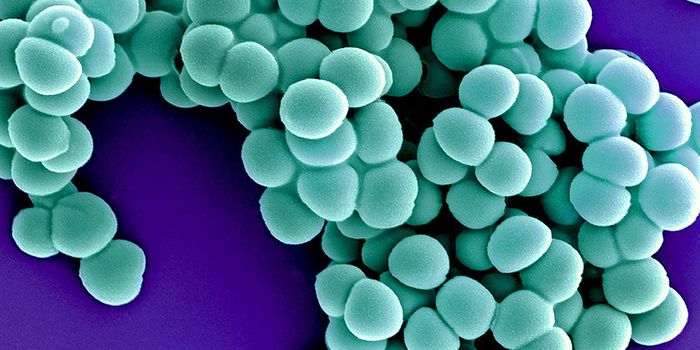Enzyme Found to Improve Autoimmune Disorder Therapy
In the United States about 5%-8% of the population is affected by an autoimmune disorder. Other reports, however, estimate a higher prevalence of various types of autoimmune disorders due to complex symptoms and diagnostic conditions. Specifically, an autoimmune disorder known as myasthenia gravis (MG) has increased in prevalence over the last few years. This is likely due to earlier diagnoses and available treatments. However, MG affects 20 out of 100,000 worldwide. Additionally, childhood MG affects roughly 50% of patients under 15 years old in Asian countries. In adults, the most common age of diagnosis occurs in an individual’s 20s and 30s. Symptoms of MG include fatigue, muscle weakness, blurred vision, difficulty making facial expressions, slurred speech, trouble pronouncing words, and difficulty breathing, among others. Unfortunately, there is not cure for MG, but current treatments include surgery, medications, exercise, and lifestyle changes that help improve muscle strength and energy boost. Scientists are working to improve current therapies and understand how MG as well as other autoimmune disorders can be better managed.
A recent paper in Cell, by Dr. Eric Sundberg and others discovered a mechanism in which enzymes treat autoimmune diseases, such as MG. Sundberg is a professor and chair in the Department of Biochemistry at Emory University School of Medicine. He is also a member of the Cancer Immunology Research Program at Winship Cancer Center. His research focuses on structural biology and protein engineering to define molecular bases of infectious diseases and develop protein-based therapeutics.
Researchers found that the enzymes or proteins with significant response to overactive antibodies were a class of enzymes known as endo-ß-N-acetyglucosaminidases (ENGases). These particular enzymes were effective in treating chronic autoimmune disorders. Antibodies are critical molecules that detect pathogens and bind to their surface to neutralize and alert the rest of the immune system. Unfortunately, in autoimmune disorders antibodies attack the host in which they reside. Sundberg and his group discovered ENGase enzymes that modified these antibodies to avoid autoimmune dysfunction.
With the use of various lab techniques, including mouse studies, the group narrowed down which enzymes from the ENGase family had the most significant impact on autoimmunity. The key enzyme, CU43, was found to be extremely effective in treating autoimmune disorders. Compared to standard-of-care medications for MG, CU43 was found to be successful in treating symptoms at doses 4,000 times lower than the medicated prescribed dose. Consequently, this will result in decreased toxicities and side effects, as well as flexible and sustainable scheduling regimens for patients.
Sundberg and others have discovered a key enzyme that effectively treats chronic autoimmune disorders at low doses. The team hopes to continue their research in mice and run clinical trials as it could be applied to a wide range of autoimmune disorders. The discovery of an enzyme regulating antibody activity is foundational and advances our understanding of autoimmune disease. It also provides insight into the interaction between enzymes and antibodies within the immune system. Overall, this work has the potential to treat multiple autoimmune disorders and improve patient quality of life.
Paper, Cell, Eric Sundberg, Emory University School of Medicine, Winship Cancer Center








